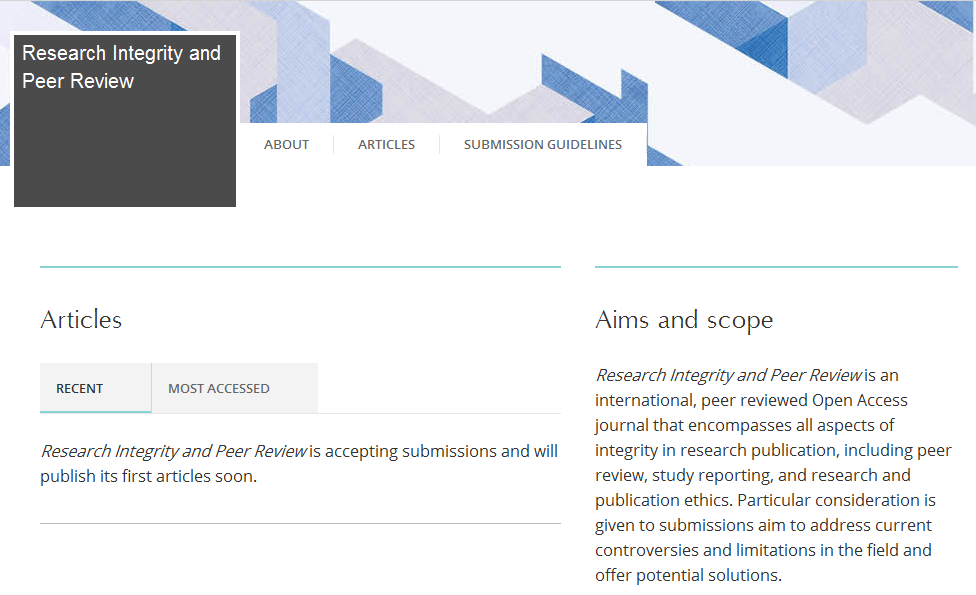
The PEERE workshop literally started with a bang as firecrackers marking the approaching Falles Festival got underway. The purpose of the meeting was “taking stock of peer review” and was jointly organized by PEERE (an initiative aiming to improve the efficiency, transparency and accountability of peer review) and KNOWeSCAPE (an initiative focused on analyzing the dynamics of information and knowledge landscapes). Both projects are funded by COST (Cooperation in Science and Technology).
One of the themes of the joint meeting was how to support editors and peer reviewers in their roles.
One of the themes of the joint meeting was how to support editors and peer reviewers in their roles. David Moher reaffirmed the need to explore the breadth of skills, abilities, knowledge, and training that may be necessary to fulfil the position of scientific Editor at a biomedical journal, i.e. the core competencies.
Defining these would provide a logical framework for future training based on evidence. However, hand-in-hand with this is the need for journals to also provide clear guidelines and policies, as emphasized by Jadranka Stojanovski.
Mario Malicki and Bahar Mehmani reported on a recent initiative by Elsevier to give reviewers an option to volunteer to review for additional journals. Since the launch of this feature in March 2015, literally thousands of reviewers have provided their authorship history, as well as their reason for volunteering, to journal editors.
Mario and Bahar reported on the motivations that peer reviewers share when volunteering to peer review; namely an interest in the topic and a willingness to share expertise, while also acknowledging a given journal’s reputation.
Alongside such overwhelming willingness to peer review, there seems to be an appetite for reviewers to find out more. Michael Willis discussed a recent peer review survey by Wiley, which revealed the demand for training in peer review.
Perhaps publishers, institutions, learned societies and industry bodies can work together to provide support and training for editors and peer reviewers over and above the current available resources (for example, such as our own initiatives from BioMed Central here and here).

Research Integrity and Peer Review strongly encourages submissions on these topics.
Another overriding theme for the meeting, reflecting the participation of KNOWeSCAPE, was simulating the social processes of science via modelling. Whether this be modelling the popularity of a published article (Nicholas Payette and Chris Watts), modelling the motivations of peer reviewers (Marco Seeber), modelling the dynamics of the process (Pierpaolo Dondio) or modelling the effect that an author’s social network has on the ‘success’ (as measured by citations) of a published article (Frank Schweitzer).
The joint workshop brought together a range of people from various backgrounds. What was interesting to me is that some of the modelling investigations can be conducted in real time by reaching out to journal editors. Conversely, some of the issues editors grapple with can be investigated by hypothetical models.
Thank you to Flaminio Squazzoni (University of Brescia), and Francisco Grimaldo, (University of Valencia) for a great programme in a wonderful city and for doubtless forging new collaborations.
Comments